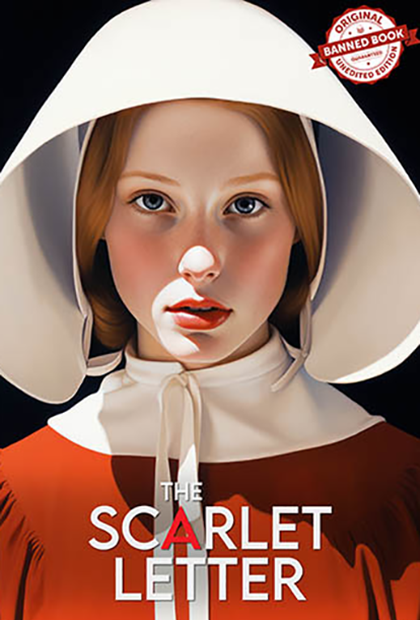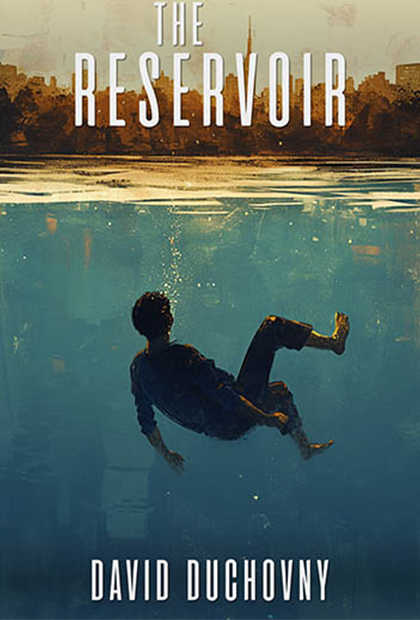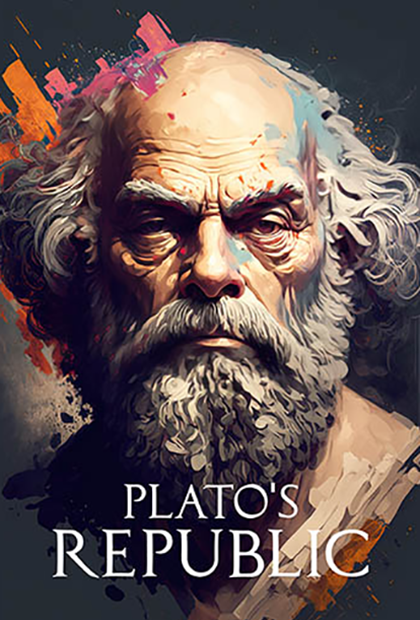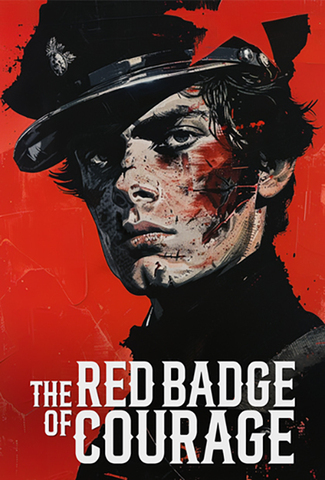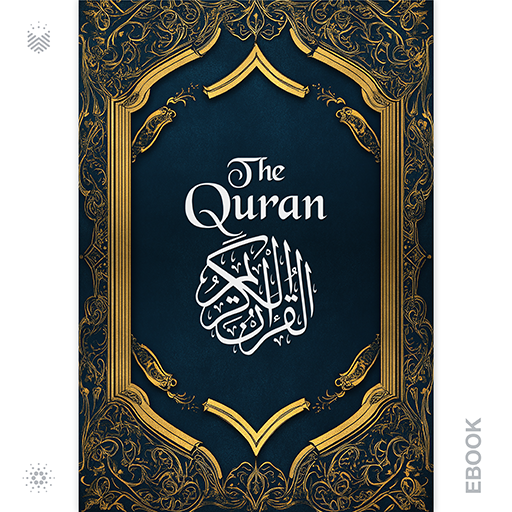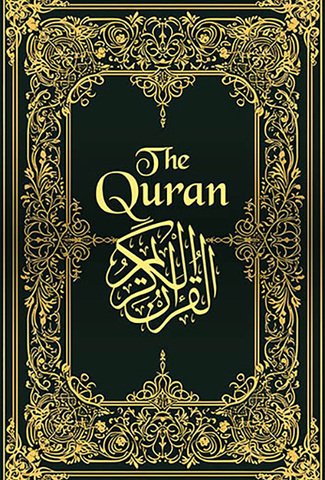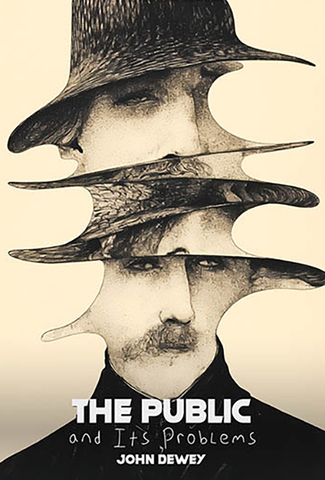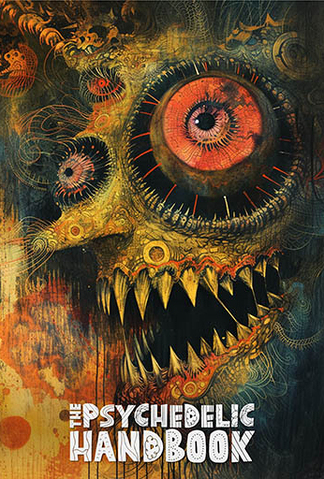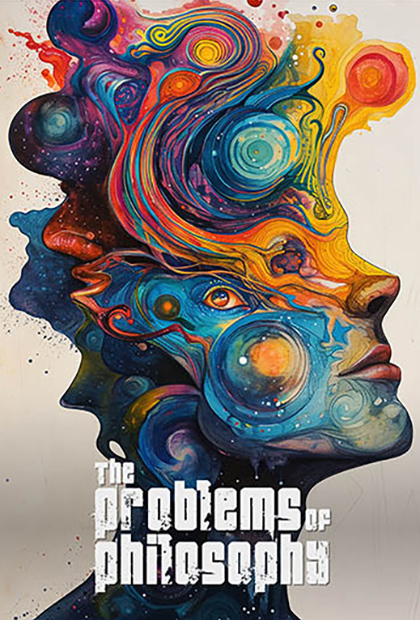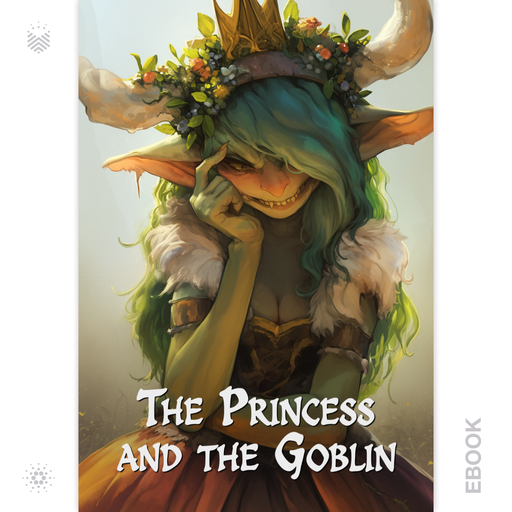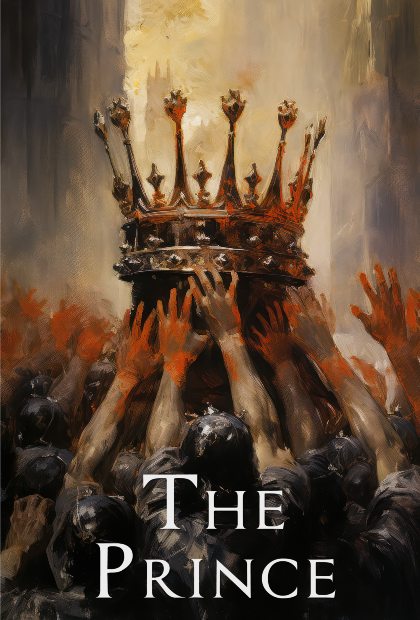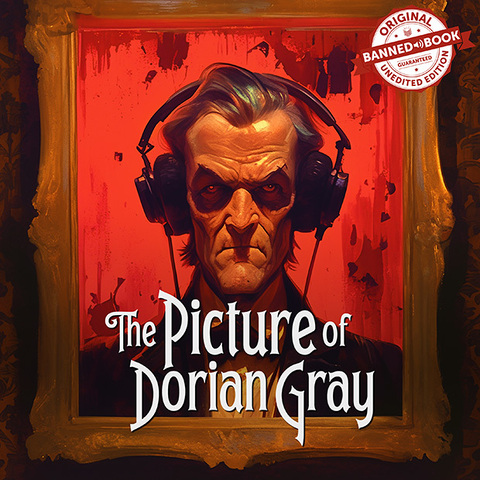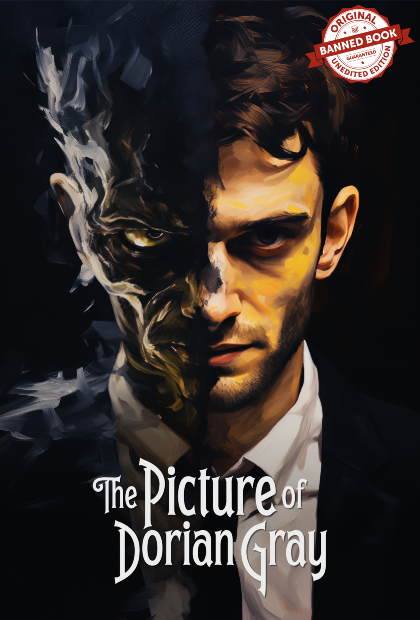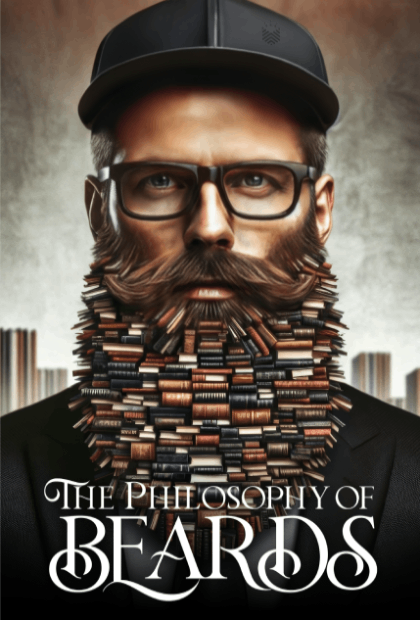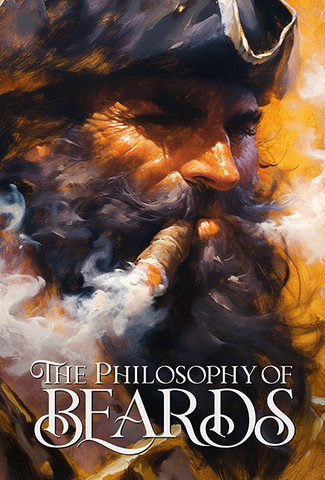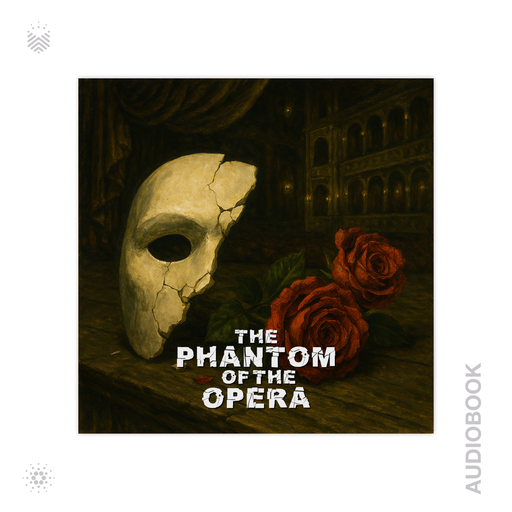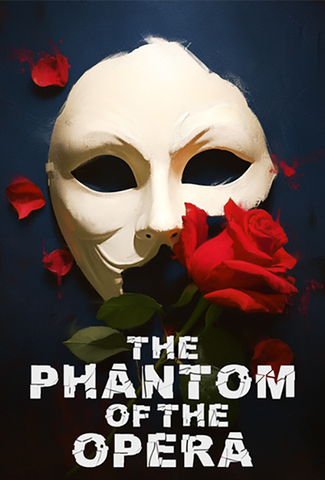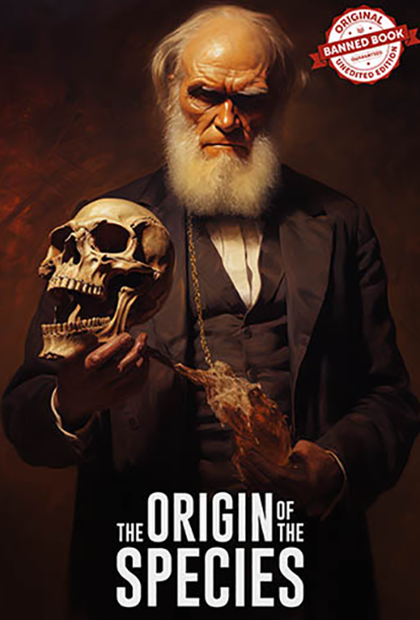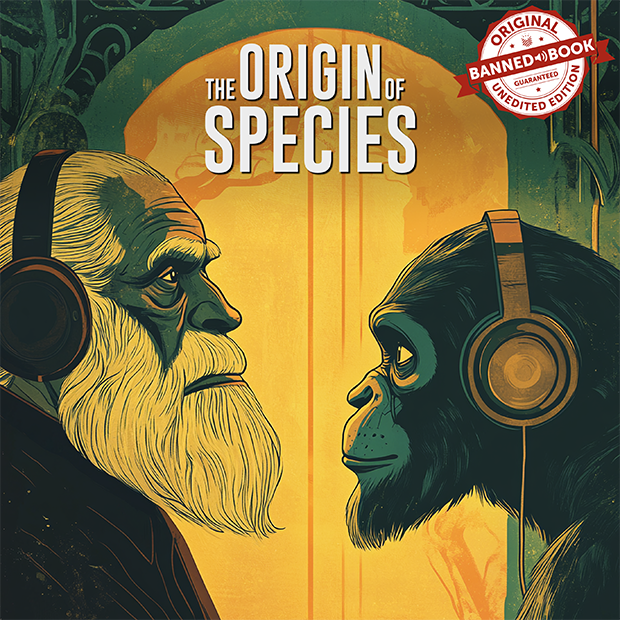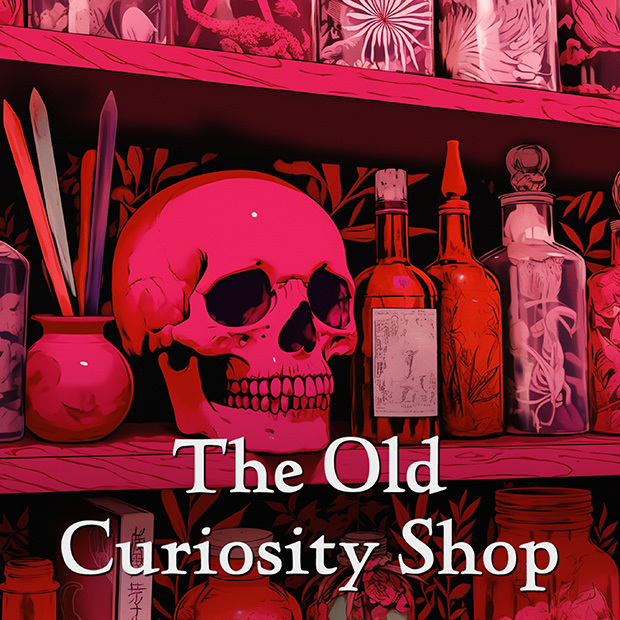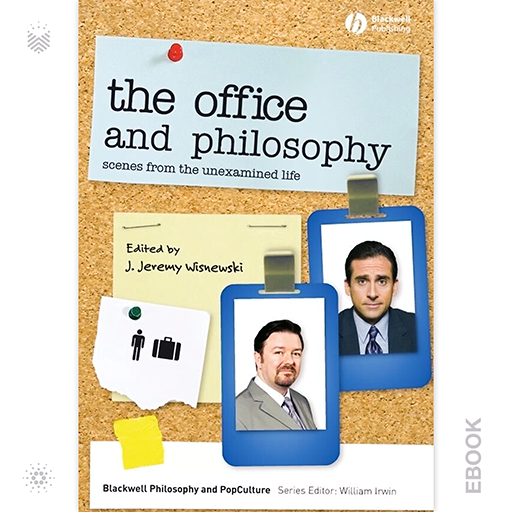by Nathaniel Hawthorne
“The Scarlet Letter” is a historical fiction novel written by Nathaniel Hawthorne, first published in 1850. Set in the 17th-century Puritan Massachusetts Bay Colony, the story explores the consequences of sin, guilt, and redemption.
The novel begins with the protagonist, Hester Prynne, being publicly shamed and forced to wear a scarlet letter “A” on her dress as a mark of her adultery. She refuses to reveal the identity of the father of her illegitimate child, Pearl. Despite her humiliat… Read More
by David Niall Wilson
The Rest of the Story so far… Collect books 3-5 of the series in one volume.
Donovan DeChance is a collector of ancient manuscripts and books, a practicing mage, and a private investigator. Over the span of a long life, he has gathered and archived the largest occult library in the world.
This three book set covers his origin story, an adventure in The Great Dismal Swamp, and ends in a mountain castle in Germany.
… Read More
by David Duchovny
A former Wall Street veteran, quarantined by the coronavirus, becomes consumed with madness―or the fulfillment of his own mythic fate.
The Reservoir is a twisted rom-com for our distanced time, when the merest touch could kill and conspiracy theories propagate like viruses―a contemporary union of Death in Venice, Rear Window, and The Plague.
Read More
by Plato
“The Republic” is a philosophical dialogue written by the ancient Greek philosopher Plato. It is one of his best-known works and is widely considered a classic of Western philosophy. In the dialogue, Plato explores the nature of justice and the ideal state through a discussion between Socrates and several other characters.
Read More
by Stephen Crane
Book.io Con ’24 Exclusive
In “The Red Badge of Courage,” written by Stephen Crane, readers are thrust into the heart of the American Civil War, where they witness the transformation of a young soldier named Henry Fleming. As Henry grapples with fear, uncertainty, and the brutal realities of war, he embarks on a journey of self-discovery and redemption. Through Henry’s eyes, readers are immersed in the chaos and turmoil of battle, experiencing the horrors and triumphs of war a… Read More
The Quran, also known as Qur’an or Koran, is Islam’s central religious text, believed by Muslims to be a direct revelation from God.
Read More
by John Dewey
“The Public and Its Problems” is a book written by American philosopher John Dewey. It was first published in 1927 and is one of Dewey’s major works in political philosophy. The book explores the nature of publics, the challenges of democracy, and the relationship between individuals and society.
Read More
by Rick Strassman, MD
Learn everything you need to know about psychedelics with this ultimate guide packed with information on popular psychedelic drugs like psilocybin, ketamine, MDMA, DMT and LSD—plus practical tips for microdosing and how to safely “trip”—from bestselling author Dr. Rick Strassman.
Read More
by Kahlil Gibran
“The Prophet,” written by Kahlil Gibran, stands as a timeless masterpiece that transcends generations with its profound wisdom and poetic beauty. Gibran’s work invites readers on a spiritual journey through the teachings of a prophet named Almustafa, who shares his insights on various aspects of life, including love, marriage, freedom, and death. Gibran’s writing style, characterized by its lyrical prose and profound simplicity, captivates readers, drawing them into a wor… Read More
by Bertrand Russell
“The Problems of Philosophy” is a philosophical work written by the British philosopher Bertrand Russell. It was first published in 1912. In this book, Russell explores various fundamental issues in philosophy, presenting his thoughts on topics such as the nature of reality, the limits of human knowledge, and the philosophy of language.
Read More
by George MacDonald
In the heart of the mountains, where magic and mystery intertwine, a young princess discovers a hidden world beneath her feet…
Princess Irene lives a sheltered life in her royal home, unaware of the dark forces lurking below—the goblins, mischievous and vengeful creatures plotting against the kingdom. But when she stumbles upon a secret stairway leading to her mysterious great-great-grandmother, she receives a gift that may change everything: a magical thread that can guide her when all seem… Read More
by Niccolo Machiavelli
“The Prince,” a political treatise written by the Italian diplomat and philosopher Niccolò Machiavelli. “The Prince” was first published in 1532 and is considered one of the most influential works on political philosophy and statecraft.
The book offers advice and guidance to rulers on how to acquire and maintain political power. It’s known for its pragmatic and often controversial approach to politics, advocating for leaders to prioritize effective governance and the preservation of t… Read More
by Marjie Hadad
The Power of PR Parenting is an essential read for every parent and mentor. Marjie Hadad, a global public relations expert, shares her personal and professional journeys as well as her successes and mistakes, to illustrate how to mirror her wins and avoid the same hiccups.
Read More
by Oscar Wilde
The Picture of Dorian Gray by Oscar Wilde is a haunting exploration of vanity, moral decay, and the pursuit of eternal youth. The novel follows the charming and handsome Dorian Gray, who, after a fateful wish, remains eternally youthful while a portrait of him bears the marks of his sins and corruption. As Dorian delves deeper into a life of indulgence and depravity, Wilde masterfully exposes the darkness lurking beneath society’s obsession with beauty, revealing the high cost of living a life… Read More
by Oscar Wilde
“The Picture of Dorian Gray” is a novel written by the Irish author Oscar Wilde. It was first published in 1890 and is considered one of Wilde’s most famous and enduring works. The novel is known for its exploration of themes related to aestheticism, moral corruption, the nature of beauty, and the consequences of indulgence.
The story revolves around the character of Dorian Gray, a young and handsome man living in Victorian-era London. Dorian becomes the subject of a portrait painted by hi… Read More
by Thomas S. Gowing
“The Philosophy of Beards” by Thomas S. Gowing is a whimsical exploration of facial hair that transcends mere grooming advice to delve into the deeper cultural and philosophical significance of the beard. Gowing, a Victorian-era advocate for the beard, presents a spirited defense of facial hair as a symbol of masculinity, intellect, and individuality. Through witty anecdotes and historical anecdotes, Gowing celebrates the beard as a timeless symbol of rebellion against societal norms… Read More
by Thomas S. Gowing
The Philosophy of Beards by Thomas S. Gowing is a whimsical exploration of facial hair that transcends mere grooming advice to delve into the deeper cultural and philosophical significance of the beard. Gowing, a Victorian-era advocate for the beard, presents a spirited defense of facial hair as a symbol of masculinity, intellect, and individuality. Through witty anecdotes and historical anecdotes, Gowing celebrates the beard as a timeless symbol of rebellion against societal norms and a reflect… Read More
by Gaston Leroux
Gaston Leroux’s The Phantom of the Opera is a story of love, obsession, and mystery set against the grand backdrop of the Paris Opera House. First published in 1910, this Gothic novel has captivated audiences for over a century, inspiring countless adaptations in theater, film, and music. At its heart lies the tragic figure of the Phantom—a brilliant but disfigured musician who hides beneath the opera house, yearning for love and recognition. His fixation on the young soprano Christine Daaé… Read More
by Gaston Leroux
“The Phantom of the Opera” is a Gothic novel written by French author Gaston Leroux. It was first serialized in the French newspaper “Le Gaulois” from September 1909 to January 1910. It was later published as a novel in 1910. The novel combines elements of mystery, romance, and horror.
Read More
by Charles Darwin
“The Origin of Species” is a revolutionary book written by Charles Darwin and published on November 24, 1859. Its full title is “On the Origin of Species by Means of Natural Selection, or the Preservation of Favoured Races in the Struggle for Life.” This groundbreaking work is considered one of the most influential scientific books ever written and has had a profound impact on our understanding of biology and the theory of evolution.
The main idea presented in the book is Darwin’s theo… Read More
by Charles Darwin
The Origin of Species, also known as The Origin of Species by Means of Natural Selection, shook the foundations of science and society when Charles Darwin unveiled his revolutionary theory of evolution. In this groundbreaking work, Darwin presented the idea that species evolve over time through natural selection, where individuals with the strongest traits pass those traits down to future generations. This concept transformed our understanding of life on Earth and sparked debates that continue t… Read More
by Charles Dickens
Step into the heartwarming yet heartrending world of The Old Curiosity Shop, where Dickens masterfully weaves a tale of resilience, love, and human frailty.
Read More
by J. Jeremy Wisnewski
Just when you thought paper couldn’t be more exciting, this book comes your way! This book—jammed full of paper—unites philosophy with one of the best shows ever: The Office. Addressing both the current American incarnation and the original British version, The Office and Philosophy brings these two wonders of civilization together for a frolic through the mundane yet curiously edifying worlds of Scranton’s Dunder-Mifflin and Slough’s Wernham-Hogg.
… Read More

